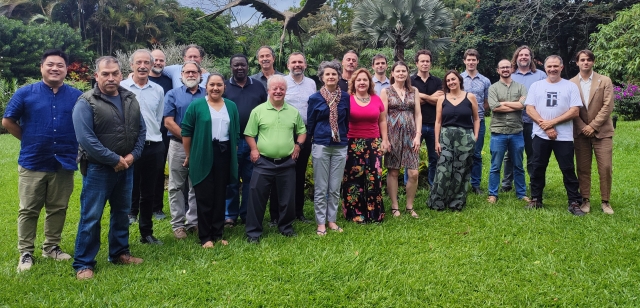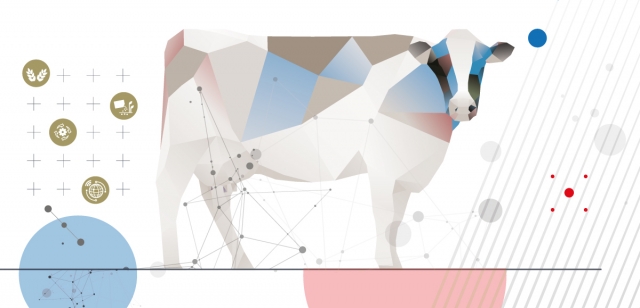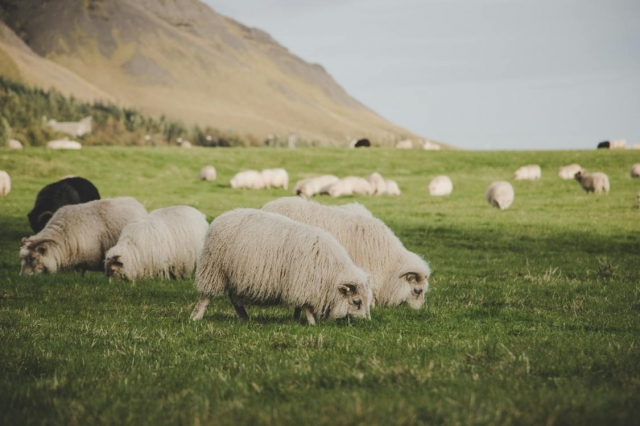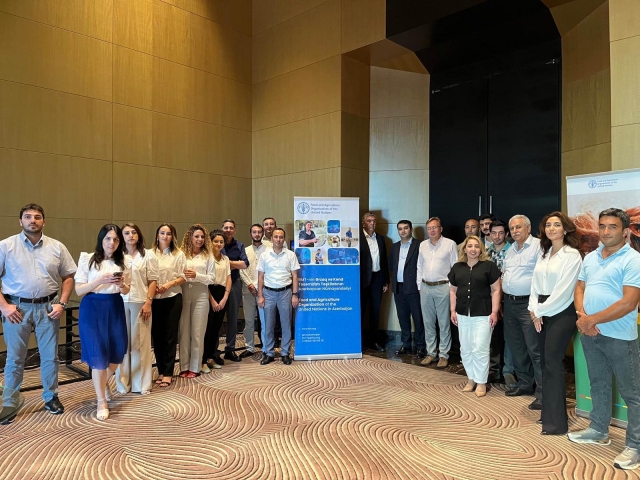The Livestock Environmental Assessment and Performance (LEAP) Partnership is a multi-stakeholder initiative that seeks to improve the environmental sustainability of the livestock sector through harmonized methods, metrics, and data. LEAP leads a coordinated global initiative to accelerate the sustainable development of livestock supply chain and to support coherent climate actions, while contributing to the achievement of the 2030 Agenda for Sustainable Development and the Paris Agreement.
Focus areas

Did you know?

Livestock supply chains account for 14.5 percent of global greenhouse gas (GHG) emissions

Improved management practices could reduce emissions from livestock systems by about 30%

92 countries have already included livestock in their Nationally Determined Contributions (NDCs) under the Paris Agreement




.png)



